Physics Major (BA, BS)
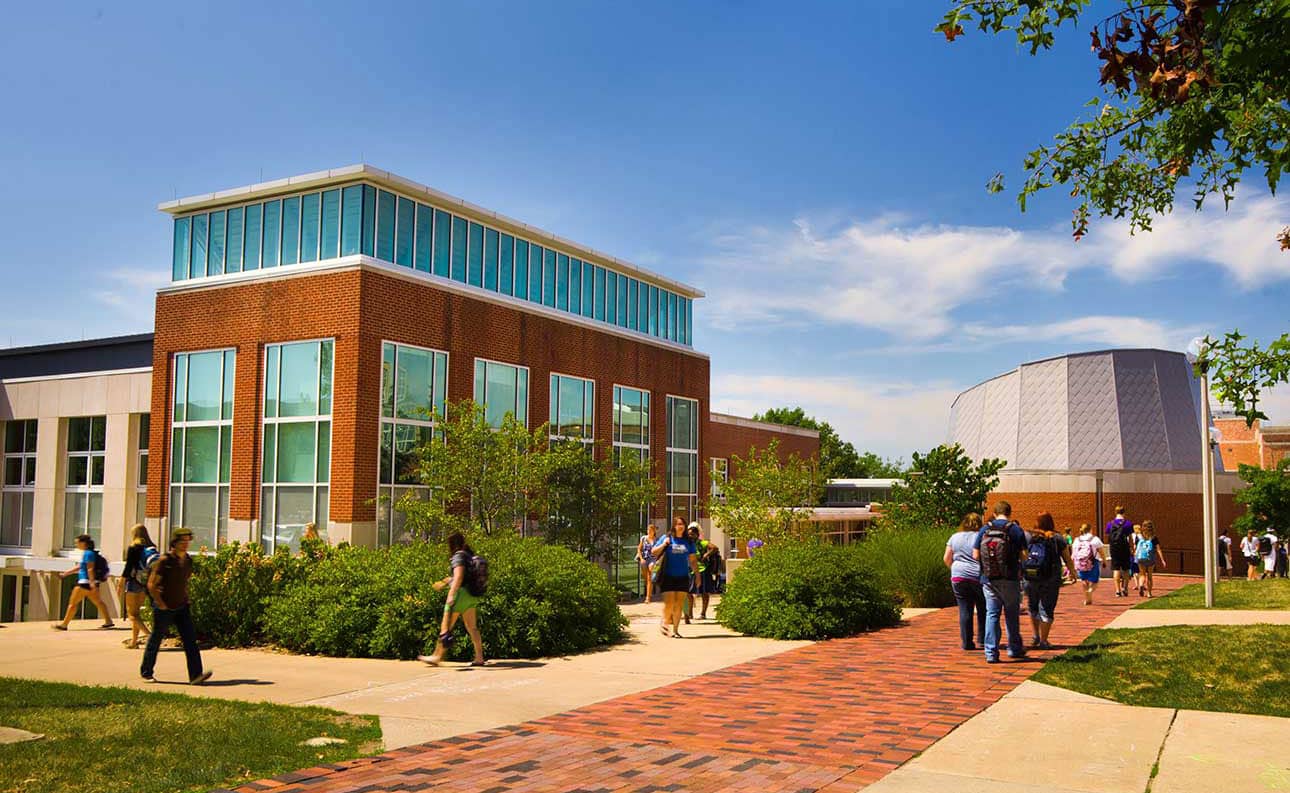
As a physics major, you pursue rigorous training in the theories and practice of physics, learning to think independently and critically while working with modern technology in a competitive and supportive academic environment. You can choose your own path, whether it be a Bachelor of Science in preparation for further graduate school, a Bachelor of Science for application to other fields, or a combination with mathematics or engineering.
Careers
A physics major prepares you for professional work in many fields related to science and applied science. Many of our physics majors go on to graduate school in physics and obtain their Ph.D. Others, however, go directly into technology-related industries. Physics majors work as physicists, but also as engineers and educators. Some have found themselves spending their careers in laboratories, while a few have even gone into business, medicine or medical physics. After all, a physics education is not just about specific physics-related knowledge, but about acquiring distinctly mathematical model-oriented and lab-based ways of thinking that are valuable in many different enterprises.
Choose Your Path
Degree Options
This path provides strong training in physics with the flexibility to pursue another subject in-depth. This option helps you prepare for many career paths such as medical or law school, secondary school teaching, or engineering.
Requirements
Choose between two tracks: General Physics or Astrophysics (concentrates on astrophysics and astronomy). If you plan to continue your studies in physics at a graduate school, this option is a perfect fit for you.
Requirements
Interested in engineering?
You can earn a Bachelor of Arts in physics from Truman and a Bachelor of Science in engineering from the engineering school of your choice. Typically, this program takes five years – three years at Truman and two at the engineering school.
Requirements
You can spend your first two years at Truman then transfer to the engineering school of your choice. All physics and mathematics courses taken at Truman are guaranteed to transfer to the University of Missouri-Columbia and Missouri University of Science and Technology-Rolla.
Requirements
Interested in teaching?
At Truman, you can double major in physics and mathematics, then pursue a master’s degree in education (MAE).
Opportunities and Experiences
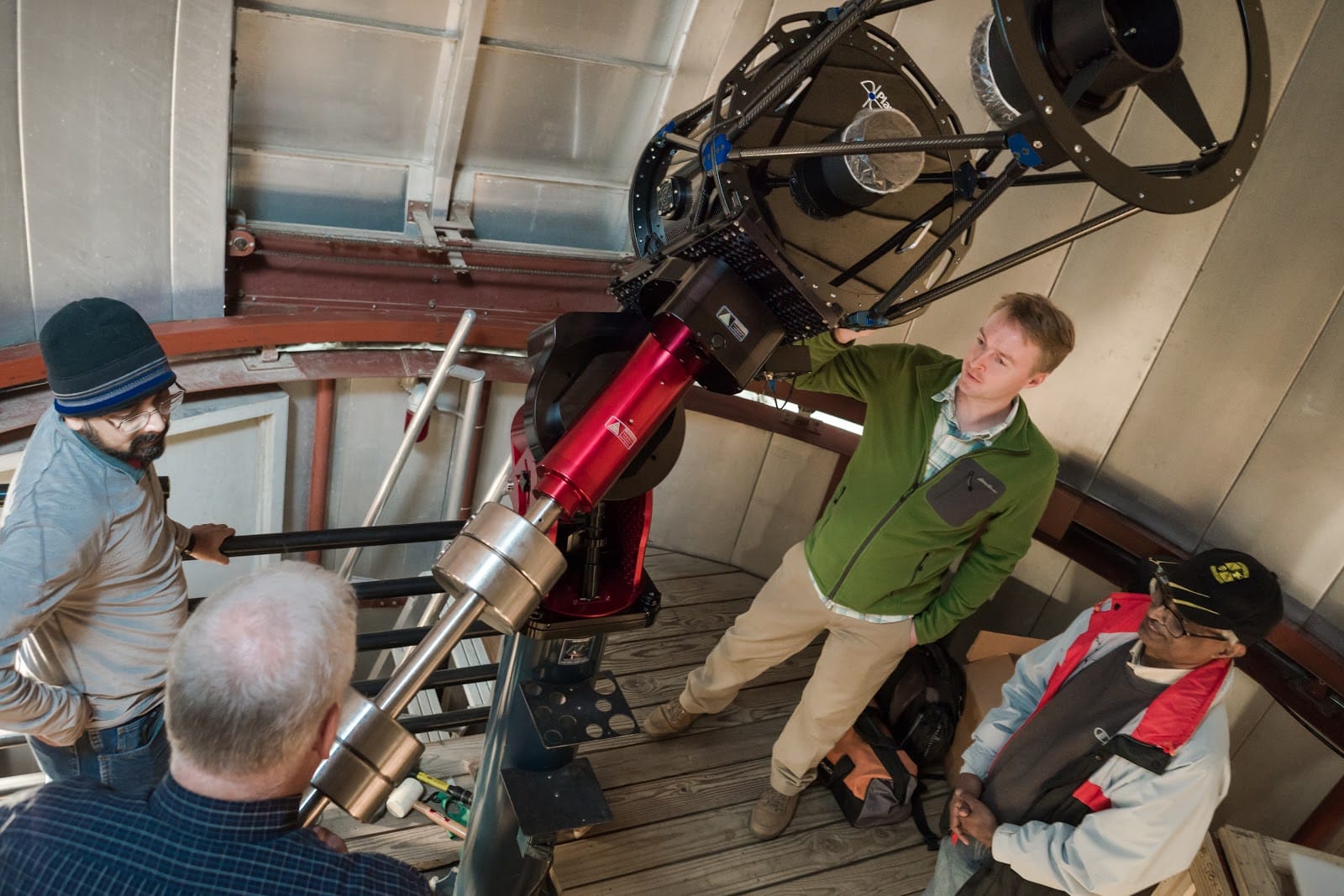
Research
Physics/astronomy research is highly valued and strongly encouraged for physics majors. You work closely with faculty mentors on theoretical, experimental, or computational research projects.
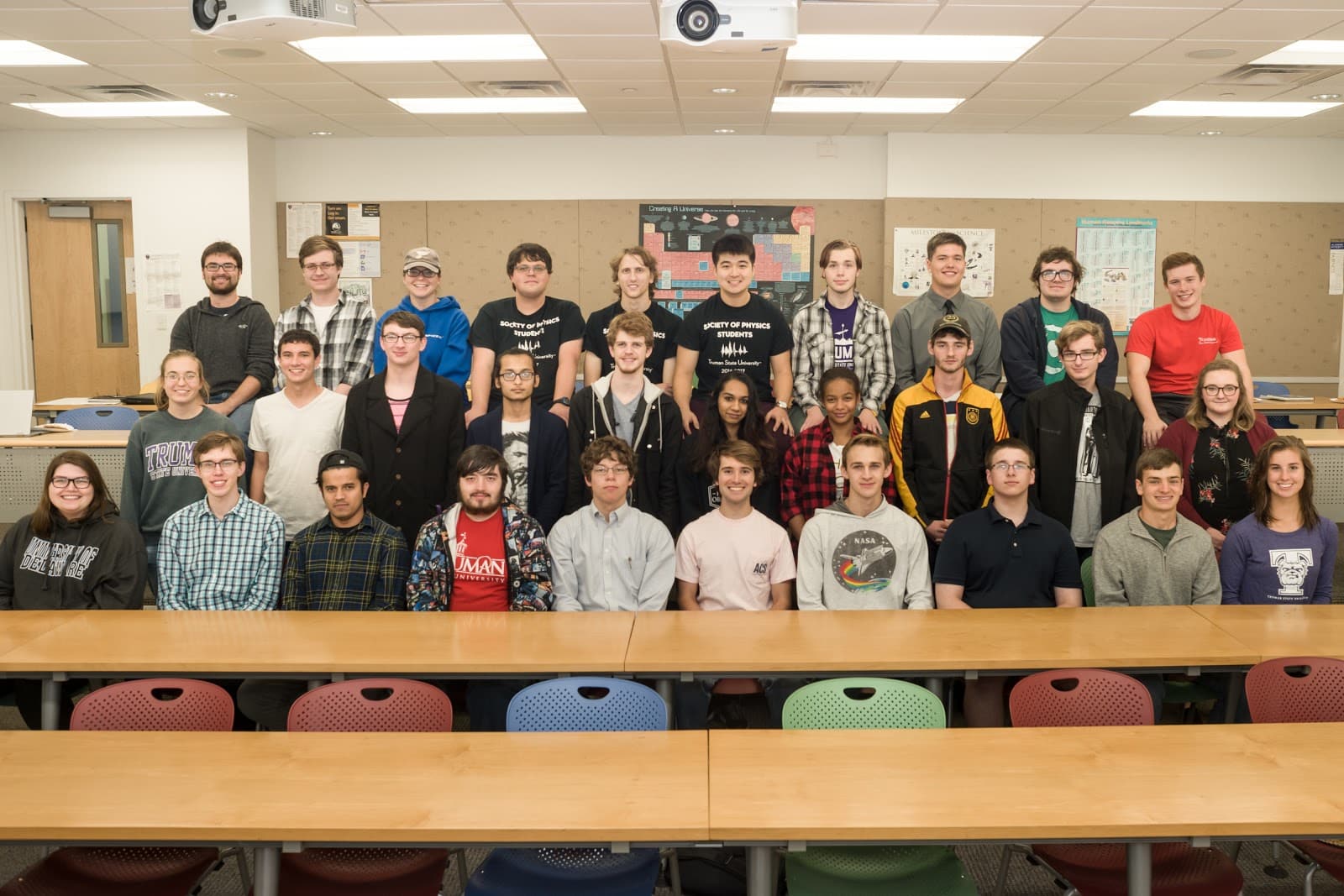
Student Organizations
Get involved with student organizations revolving around physics to engage with like-minded peers — Society of Physics Students, Sigma Pi Sigma, Women in Physics, and Star Gazers Astronomy Club.
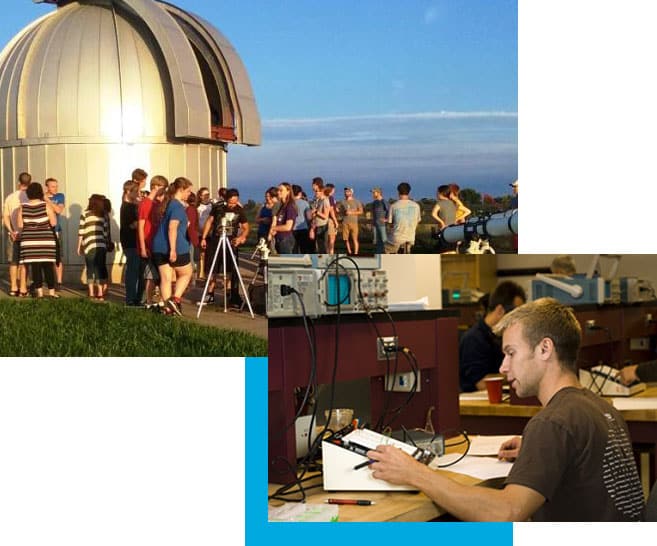
Learning Facilities
The physics-dedicated computer lab in Magruder Hall has physics-specific software. You also have access to astronomy facilities at the Truman State University Observatory located on the University Farm.
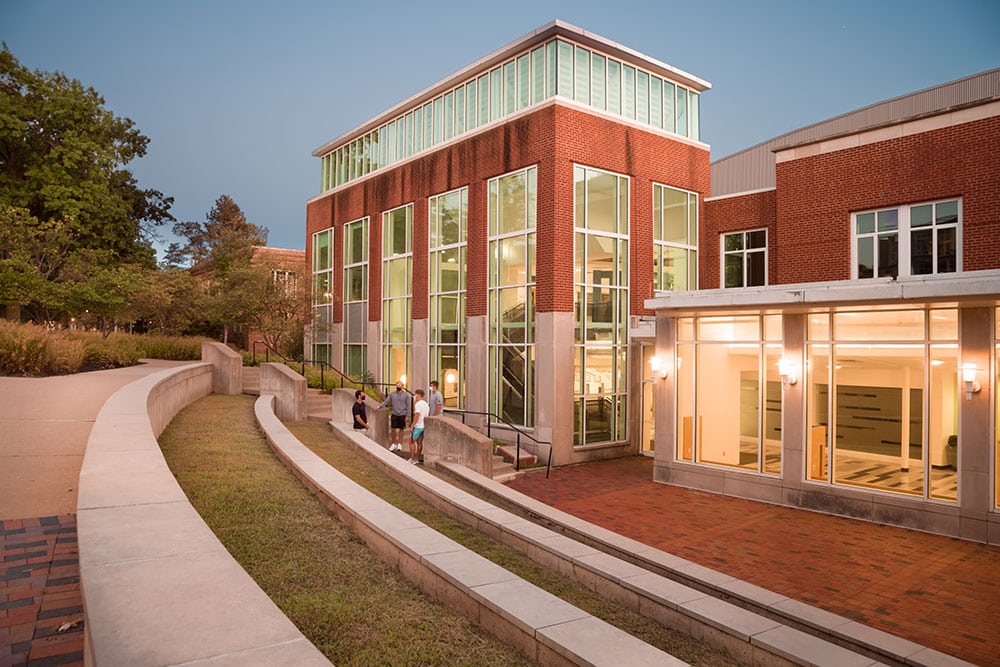
Physics Colloquia
The Physical Sciences Department invites speakers from science and engineering departments of other universities, government labs, and industry to talk about their work. This gives you a chance to meet people who have built successful careers around their interests in physics.